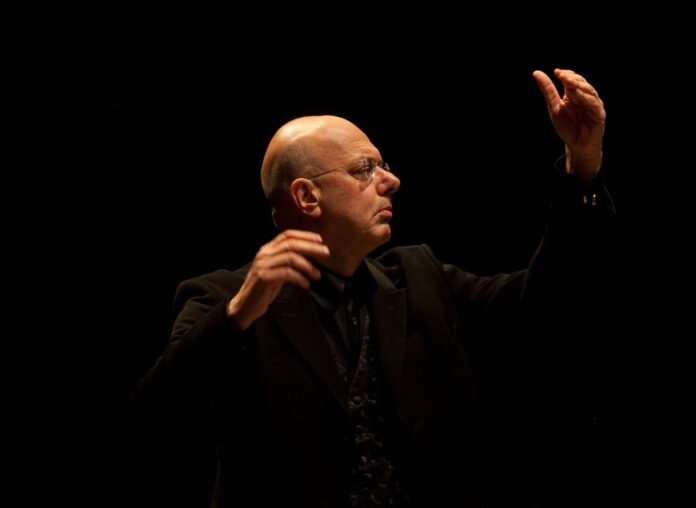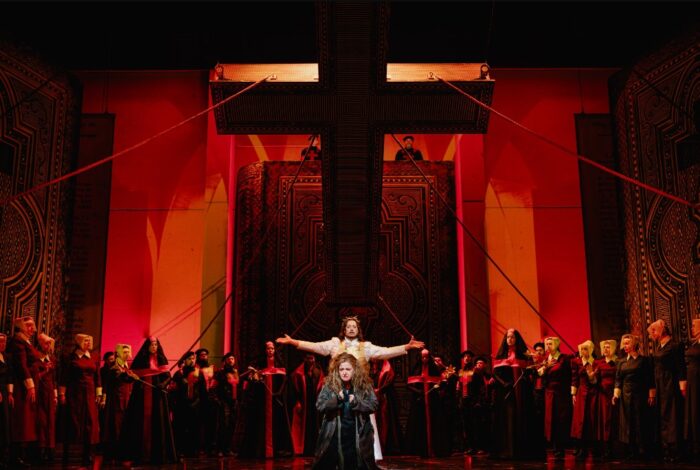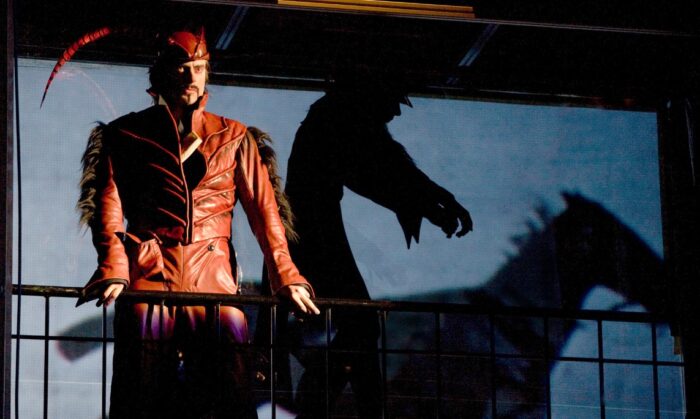
In the heart of New York’s Hudson Valley, Bard College’s annual SummerScape festival has become a mecca for opera enthusiasts seeking rare and overlooked masterpieces. Under the artistic direction of Leon Botstein, Bard’s long-serving president, this year’s festival presented two ambitious productions that exemplify the event’s commitment to reviving neglected works: Giacomo Meyerbeer’s “Le Prophète” and Hector Berlioz’s “La damnation de Faust.”
Grand Opera Resurrected ─ “Le Prophète”

Meyerbeer’s “Le Prophète,” absent from major U.S. stages since the Metropolitan Opera’s performances in 1977 and ’79, made a triumphant return at Bard’s Fisher Center. Botstein, known for his dedication to musical archaeology, remarked, “There is no composer in the history of classical music and opera whose posthumous career has been so startlingly destroyed as Meyerbeer.”
The production featured a stellar cast, with Robert Watson as Jean, Jennifer Feinstein as Fidès, and Amina Edris as Berthe. Director Christian Räth reimagined the 16th-century setting for modern times, noting, “The piece unfortunately, feels very, very modern and rings a lot of bells for today.”
A notable aspect of this revival was Botstein’s collaboration with musicologist Mark Everist to restore an 11-minute overture cut during the original rehearsals, offering audiences a more complete version of Meyerbeer’s vision. This attention to historical detail, balanced with contemporary staging, brought new life to a work long considered a cornerstone of the operatic repertoire.
Berlioz’s Hybrid Masterpiece ─ “La damnation de Faust”
Closing the festival was Berlioz’s “La damnation de Faust,” a work that defies traditional categorization. Dubbed by the composer as a “Dramatic Legend in Four Parts,” this piece blends elements of symphony, opera, and cantata, showcasing Berlioz’s innovative approach to musical storytelling.
The production featured Joshua Blue as a touching and affecting Faust, matched by Alfred Walker’s slyly conniving Mephistopheles. Sasha Cooke brought her “radiant mezzo-soprano” to the role of Marguerite, shaping an innocent and compelling character. Stefan Egerstrom, in the small but pivotal role of Brander, “made the most of his tavern song about a rat, creating a funny and musically beautiful moment.”
Botstein, conducting the American Symphony Orchestra, navigated both the light and dramatic demands of Berlioz’s score with skill and power. The Bard Festival Chorale, directed by James Bagwell, demonstrated remarkable precision and versatility, adapting beautifully to the score’s shifting tones and moods.
A Challenging Undertaking

Staging these rarely performed operas presents unique challenges, which Botstein and his team at Bard seem to relish. “La damnation de Faust,” with its expansive use of chorus and symphonic sections, is notoriously difficult to present. Similarly, “Le Prophète” requires a deep understanding of 19th-century French opera style and the technical capabilities to bring its grand vision to life.
The Fisher Center, with its distinctive Frank Gehry-designed exterior and superb acoustics, provided an ideal setting for these ambitious productions. The venue’s state-of-the-art facilities allowed for the full realization of the composers’ visions, from the intimate moments to the most grandiose scenes.
Looking Ahead
Bard’s commitment to operatic exploration, driven by Botstein’s vision, shows no signs of waning. Next year’s SummerScape will feature Smetana’s rarely performed “Dalibor,” continuing the festival’s tradition of bringing overlooked masterpieces to light.
As each summer brings new discoveries to the stage at Bard, the festival cements its reputation as a vital laboratory for operatic revival. By consistently choosing works that challenge conventional programming and showcase the depth and breadth of the operatic repertoire, Botstein and the SummerScape team are not only preserving our cultural heritage but also demonstrating the enduring relevance of these works in addressing the complexities of the human experience.
For opera lovers seeking to venture beyond the standard repertoire, Bard’s SummerScape offers a unique opportunity to hear what might have been lost to history, brought back to life in the picturesque setting of the Hudson Valley. As the curtain falls on this year’s productions, anticipation already builds for next summer’s operatic rediscoveries, guided by Botstein’s unwavering commitment to musical exploration.








